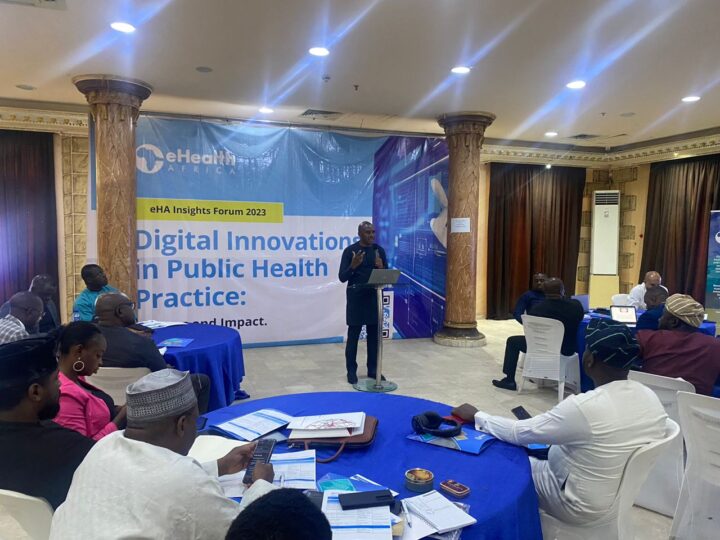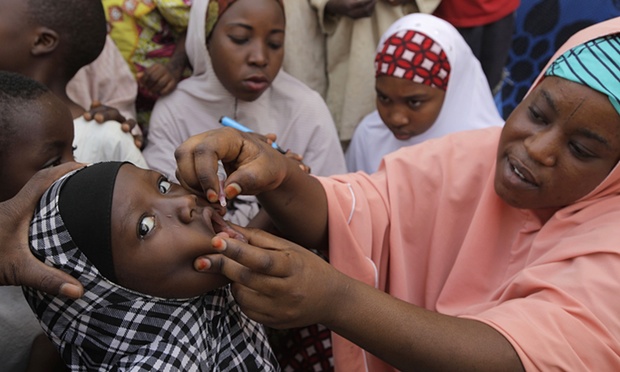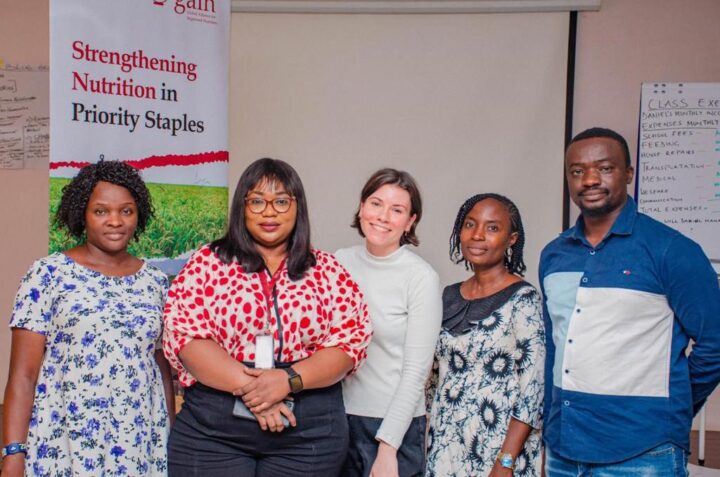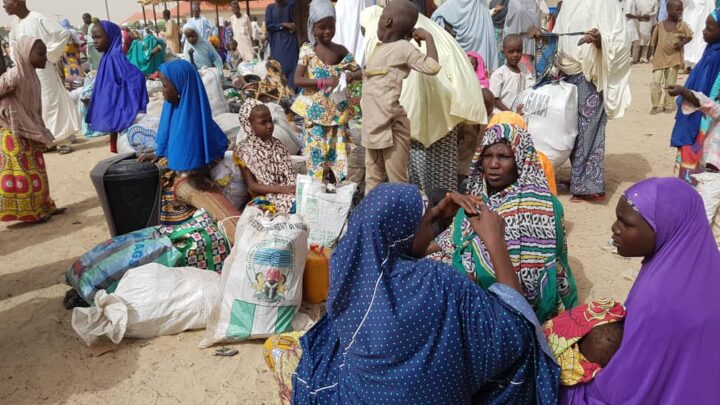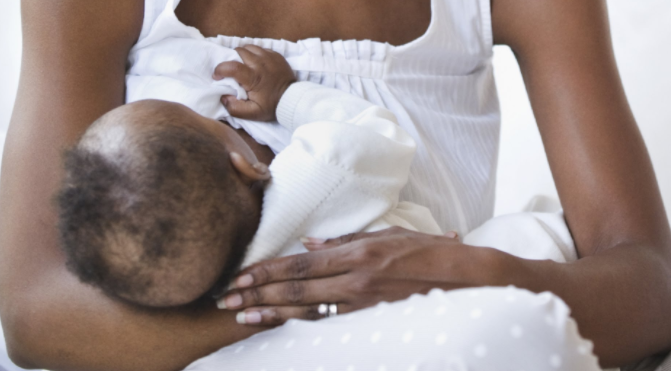Ruben Aguilera, acting head of the corporation, delegation of the European Union (EU) to Nigeria and the ECOWAS, says the union is committed to helping the country to eradicate poverty.
Aguilera spoke on Tuesday at a two-day policy and programmatic dialogue workshop on Nigeria’s poverty profile and social register, organised by the United Nations Children’s Fund (UNICEF), the EU and other development partners.
“Today’s event will help us move forward in understanding the dimension, gravity, and impact of poverty and our common objective is to design, review, and agree on a possible strategy on how to deal with this problem,” the EU official said.
“The statistics are alarming. As you’re aware the European Union is a long-standing partner and friend of Nigeria and we’re fully committed to fighting poverty at all levels and we’re strongly persuaded that a world without poverty is possible.”
Advertisement
Aguilera said the unclear indices of poverty make it a challenge, adding that the workshop would help in understanding what the problem is about on different levels and “know how we can move forward”.
Also speaking, Christian Munduate, UNICEF country representative, praised the efforts of the government and development partners in combating poverty and vulnerability, noting that children had the most to lose if interventions are not intensified.
“From Lagos to Sokoto, I have met individuals like Tutu, a struggling single mother, and Umar, a child deprived of education, who personify the reality of our poverty statistics,” Munduate said.
Advertisement
“As of 2022, 63 percent of our population faces deprivation, a disturbing figure that includes 70 million children.”
George Akume, secretary to the government of the federation (SGF), identified poverty and vulnerability as among the major challenges facing Nigeria.
Akume was represented by Esuabana Nko-Asante, permanent secretary, political and economic affairs, office of the SGF.
“Poverty and vulnerability remain pressing challenges in our country, and as we gather here today, it is crucial to recognise the impact of these issues on our fellow citizens,” he said.
Advertisement
“Despite progress in reducing poverty rates in recent years, the COVID-19 pandemic has presented us with new challenges, pushing approximately 63 per cent of our population into multi-dimensional poverty of which almost 70 million are children.
“This setback emphasises the urgency to strengthen our efforts in mitigating these issues and improving the lives of millions of Nigerians.”
According to the SGF, the situation is urgent to tackle as the country’s social inequalities have affected an uneven distribution of essential resources.
On her part, Grace Wamiko, principal programme analyst at the National Bureau of Statistics (NBS), said revising the national social registry to align with the national poverty and vulnerability measure and child indicators will help to see those who are truly multi-dimensionally poor.
Advertisement
“This alignment will also stimulate cost-effective strategies to accelerate the sustainable transition to clean cooking fuel,” Wamiko added.
According to the analyst, revitalising Nigeria’s water supply, sanitation and hygiene, and stimulating the implementation of the 2021-2025 national multi-sectoral plan for food and nutrition will also help to alleviate the high levels of poverty.
Advertisement
Advertisement
Add a comment

